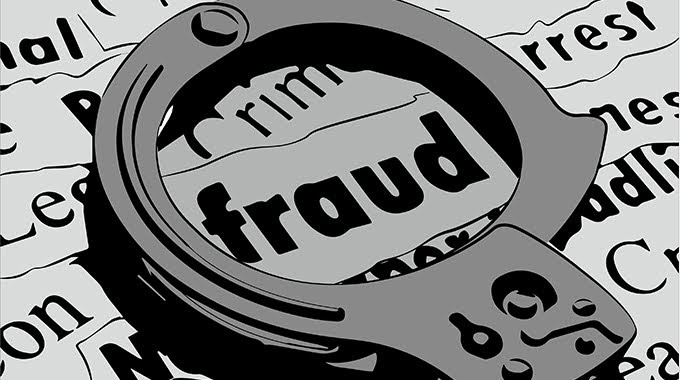Concourt to rule on NECs, employers row

Daniel Nemukuyu Senior Court Reporter
THE Constitutional Court will on March 14 this year determine the legality of the law compelling employers to pay subscriptions to National Employment Councils (NECs) and to comply with registered collective bargaining agreements they are not party to.
In terms of the law, both employers and workers must contribute towards funding of NECs. NECs rely on subscriptions from employees and employers for funding of its operations.
NetOne Cellular Private Limited successfully challenged paying of subscriptions to the NEC for Communications and Allied Services Industry at the High Court.
The judge declared as unconstitutional, Statutory Instrument 1 of 2012, which compels employers in the communications sector to pay dues to the relevant NEC.
The SI also compels employers to register with the NECs. In terms of the High Court judgment, companies should not be forced to fund the operations of NECs, neither should they be bound by collective bargaining agreements thereof.
The NEC for Communications and Allied Service Industry appealed to the Supreme Court. Judges of the Supreme Court referred the matter to a full bench of the Constitutional Court by consent of the parties involved.
The parties agreed that the matter had important constitutional issues that required ventilation by a nine-member bench. In the heads of argument filed by the NEC at the Constitutional Court, top labour lawyer Mr Caleb Mucheche argued that NECs played an important role in protecting the rights of workers.
Workers are regarded as a weaker party in labour relations. Mr Mucheche argued that the requirement was not peculiar to Zimbabwe.
“The binding nature of collective bargaining agreements to all employers and employees in a given undertaking or industry is not unique to Zimbabwe only, but is a very prominent feature, which looms large under international labour law as set out by the International Labour Organisation principles concerning collective bargaining agreements.”
NetOne argues that such compulsions infringe its constitutional rights to property and freedom of association. The mobile network operator argues that collective bargaining agreements were voluntary and that only parties should be bound by them.
“The right to freedom of association embraces the right to form and join associations, the right not to be compelled to belong to any association and the right not to admit persons to membership of an association.
“As an incident of this right, an employee may belong to any trade union of choice, without necessarily imposing any obligations on his employer, who has no association with that union.
“By the same token, an employer may participate in the affairs of a national employment council, but is not compelled to do so,” NetOne argues.








Comments